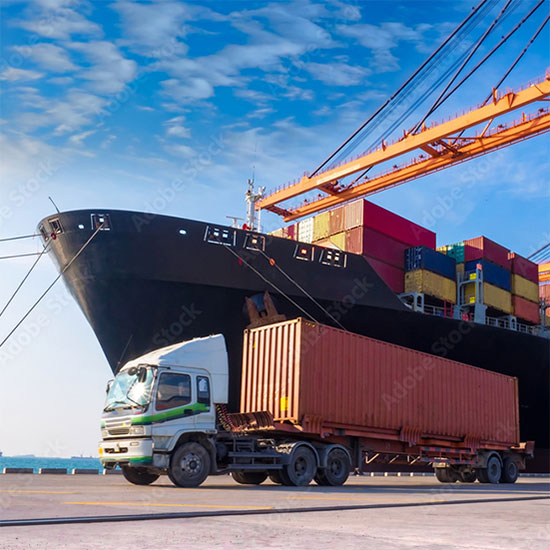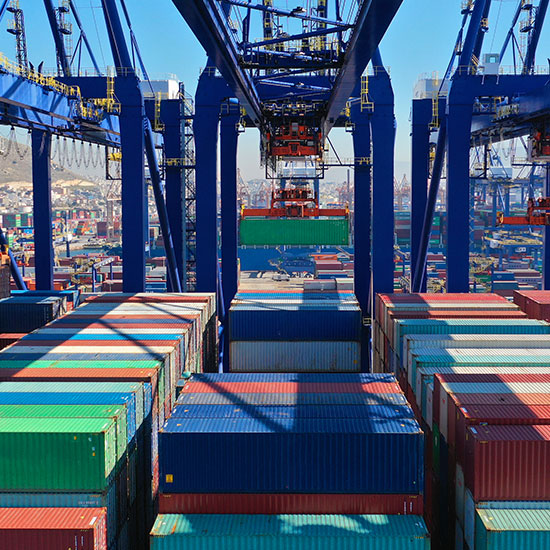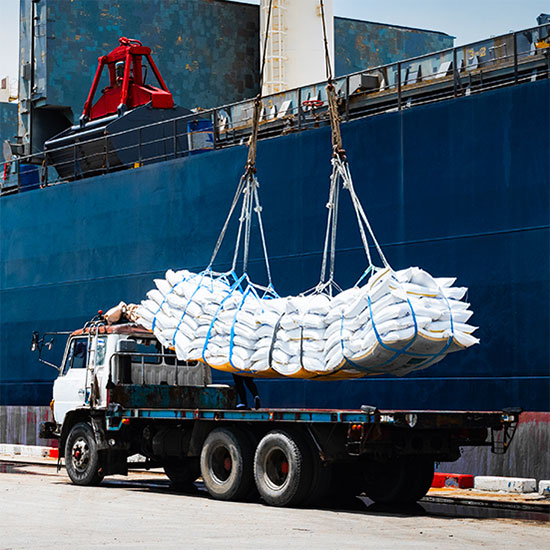Freight transport enables economic growth, provides access to markets, connects producers and consumers, determines trade competitiveness, supports effective integration into global supply chains, and contributes to social progress and inclusive development. At the same time, however, freight transport activity also generates external costs that undermine sustainability objectives such as economic efficiency, social inclusiveness and environmental protection. Widely known as “externalities”, common freight transport-related external costs include, among others, congestion, pollution, fossil fuel depletion, infrastructure degradation, accidents, Greenhouse gas emissions (GHG), vibration, noise and visual intrusion. The figure illustrates the share of freight transport in vehicle ownership, travel, and energy consumption, and its contribution to air emissions in 2010.
Addressing these externalities requires that external costs from the freight transport sector be internalised and that the sector’s ability to meet relevant sustainability objectives be improved. This entails a careful management of priorities and trade-offs to strike the right balance between the varied economic, social, and environmental sustainability objectives (also explained in the sustainability triangle link). Together, the 2030 Agenda for Sustainable Development (ASD), the Sustainable Development Goals (SDGs) that came into effect in January 2016, and the 2015 Paris Agreement on Climate Change, provide the global framework for advancing the sustainability agenda across all economic sectors including freight transport. For further information, see the link on Sustainable Freight Transport and Linkages to Relevant Global Processes on Sustainable Development.
Against this background, UNCTAD has, over recent years, intensified its work on sustainable freight transport to help developing countries, improve their understanding of the three dimensions of sustainability. UNCTAD’s interventions aim to build and strengthen the capacity of key freight transport stakeholders, including government authorities, policy makers, transport infrastructure managers, freight transport and logistic service providers, and shippers, to effectively plan, design, develop, and implement sustainable freight transport solutions.
A key contribution in this respect, is the UNCTAD framework for sustainable freight transport (UNCTAD SFT framework) that provides guidance and practical tools to mainstream sustainability considerations into freight transport-related policies, plans, operations, and investment decisions.
The SFT framework is part of the United Nations Development Account Project "Building Capacities of Developing Countries to Shift Towards sustainable freight transport".

Freight transport share in vehicle ownership, travel, energy consumption, and air emissions in 2010 (ICCT, 2012)






